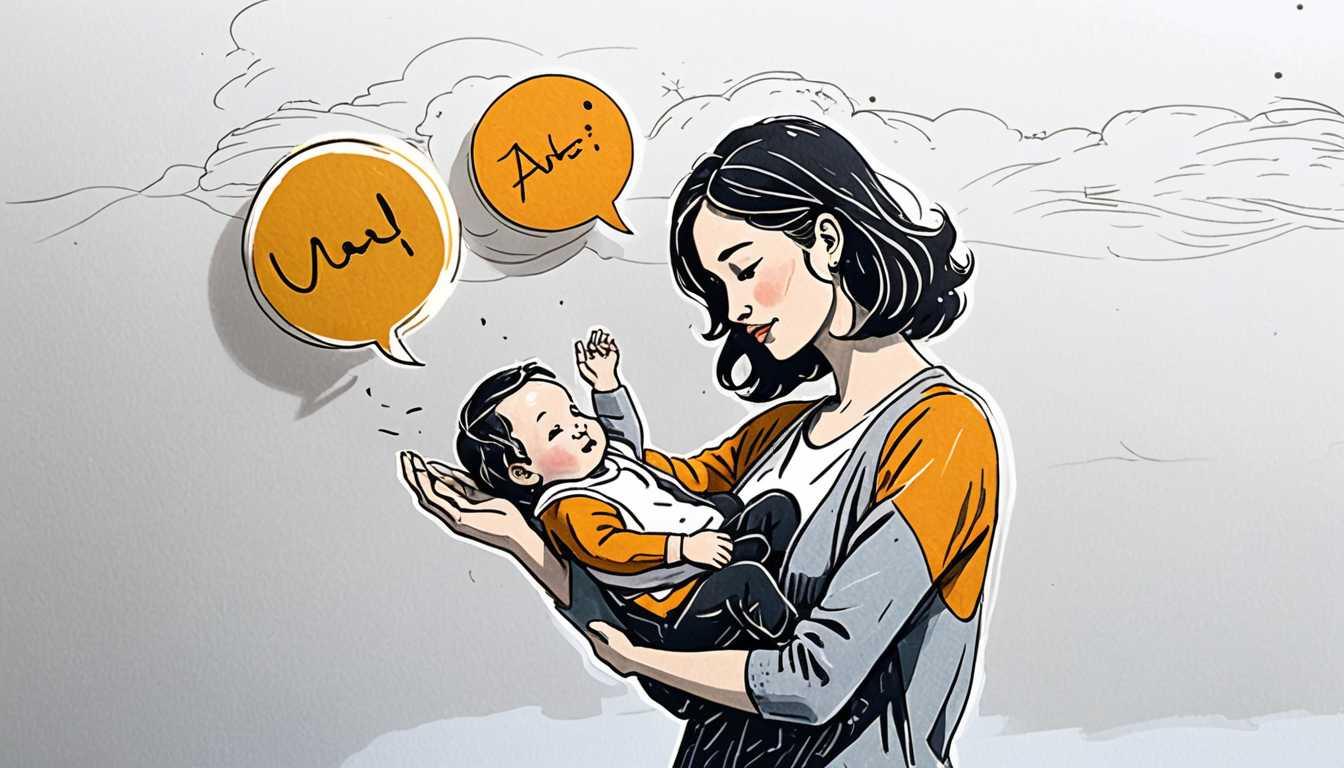Love's Bias: When Negative Outweighs Positive
February 2024
Cornell University
Introduction
Ever wondered why that one offhand comment from your significant other sticks with you? Cornell University's latest research dives into how our brains are biased towards remembering the negative over the positive in relationships. It turns out, those negative nuggets might just predict the future of your romance. So, next time you're cuddling on the couch, remember: it's not just about the popcorn sharing, but also about how those little comments could shape your relationship's destiny. Dive into this fascinating study and discover why sometimes, love's not all roses and sunshine.
READ FULL ARTICLEWhy It Matters
Discover how this topic shapes your world and future
Unraveling the Mystery of Relationship Dynamics
Have you ever wondered why a small negative comment from a friend or family member can ruin your whole day, even if they've said plenty of nice things to you before? This phenomenon isn't just in your head; it's a real psychological pattern that affects even the strongest of relationships. Researchers have discovered that negative thoughts and feelings towards someone we're close to can have a more significant impact on how we view our relationship with them compared to positive thoughts. This is crucial not just for understanding our personal relationships but also for grasping human behavior on a global scale. Knowing why and how negativity can overshadow positivity helps us navigate our social worlds more effectively. For you, this could mean better handling relationships with friends, family, and future partners, making this topic not only fascinating but incredibly relevant to your daily life.
Speak like a Scholar
Implicit Partner Evaluations (IPEs)
These are our automatic, gut-feeling thoughts and feelings about our partners, which can be positive or negative.
Negativity Bias
This is the tendency to pay more attention to, remember, and weigh negative information more heavily than positive information.
Relationship Satisfaction
How happy and content you are with your relationship overall.
Cognitive
Relating to the mental processes of perception, memory, judgment, and reasoning.
Forecast
To predict or estimate a future event or trend based on current data or observations.
Interpersonal Dynamics
The way in which two or more people interact with and influence each other in a relationship.
Independent Research Ideas
The Role of Social Media in Amplifying Negativity Bias
Investigate how negative comments on social media platforms might impact users' mental health and perceptions of friendships more than positive interactions. This could reveal important insights into digital age relationships.
Negativity Bias in Cross-Cultural Relationships
Explore how negativity bias operates in relationships across different cultures. Does cultural background influence the extent to which negative or positive interactions affect relationship satisfaction?
The Impact of Childhood Experiences on Adult Relationship Dynamics
Study how early life experiences with caregivers influence one's tendency towards negativity bias in adult romantic relationships. This could shed light on the long-term effects of childhood environments.
Negativity Bias and Conflict Resolution Strategies
Examine how individuals with a strong negativity bias manage conflicts in their relationships compared to those with a more balanced view. This could offer strategies for improving relationship satisfaction.
The Neuroscience Behind Negativity Bias
Delve into the brain mechanisms that underlie negativity bias, particularly in the context of romantic relationships. Understanding the neurological basis could lead to new approaches to fostering positive interactions.
Related Articles

Doodles Decoded: Kids' Art Insights
February 2024
Stanford University

Stereotypes Unraveled: A New Perspective
February 2023
Phys Org

Comfort Foods: Beyond the Cravings
January 2023
BBC

“Babbling Brilliance: How Babies Shape Speech”
February 2025
Cornell News Highlights

Brainwave Sync: Learning's Secret?
April 2023
New York University